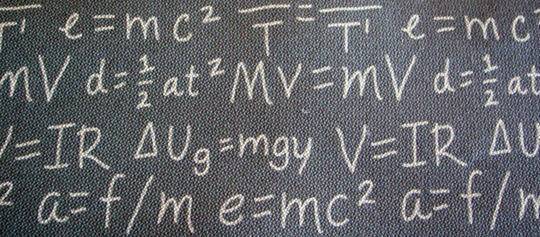Beauty is processed in part of the reward circuit of the brain, a new study finds.
Although mathematics might not seem a source of beauty comparable to the wonders of nature, elegant formulas can be very beautiful to mathematicians.
A new study by neuroscientists at University College London, showed mathematicians a series of equations they had previously rated on a beauty scale (Zeki et al., 2014).
The study’s lead author, Semir Zeki explained:
“The beauty of a formula may result from simplicity, symmetry, elegance or the expression of an immutable truth. For Plato, the abstract quality of mathematics expressed the ultimate pinnacle of beauty.”
Here is an equation consistently rated as beautiful, which is called ‘Euler’s identity’:
What they found from the fMRI scans was that when mathematicians looked at the beautiful equations, the same part of the brain was activated as when people are looking at beautiful art or listening to beautiful music.
The brain area–in the medial orbitofrontal cortex–is at the front of the brain and is part of the pleasure and reward circuit.
A previous study has shown that this area of the brain is more highly activated when people listen to beautiful music or look at beautiful art (Ishizu & Zeki, 2011).
In contrast, when they look at ugly pictures, their brain activity shows no particular pattern.
Now this study shows the same is true for mathematics, which is generally much more abstract then music or painting.
Neuroaesthetics
This supports the idea in the emerging field of ‘neuroaesthetics’ that the experience of beauty is processed in one particular part of the brain, whether it is perceived through the eyes, ears or in more abstract ways: through the intellect.
Not only that, but the more beautiful the formula, the stronger the activation in the medial orbitofrontal cortex, suggesting that beauty can be quantified.
Zeki added:
“We have found that, as with the experience of visual or musical beauty, the activity in the brain is strongly related to how intense people declare their experience of beauty to be–even in this example where the source of beauty is extremely abstract.”
Image credit: Scott Beale

